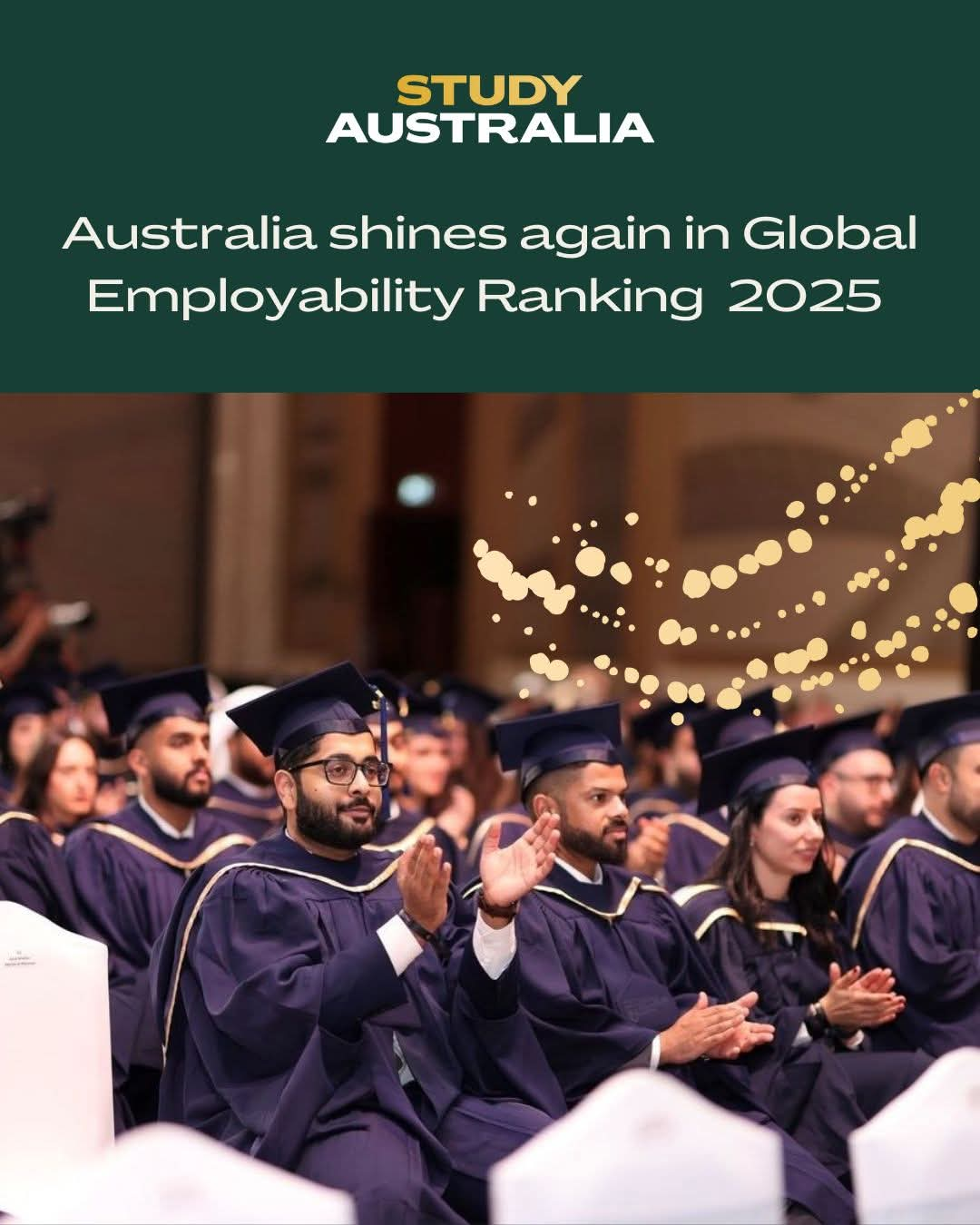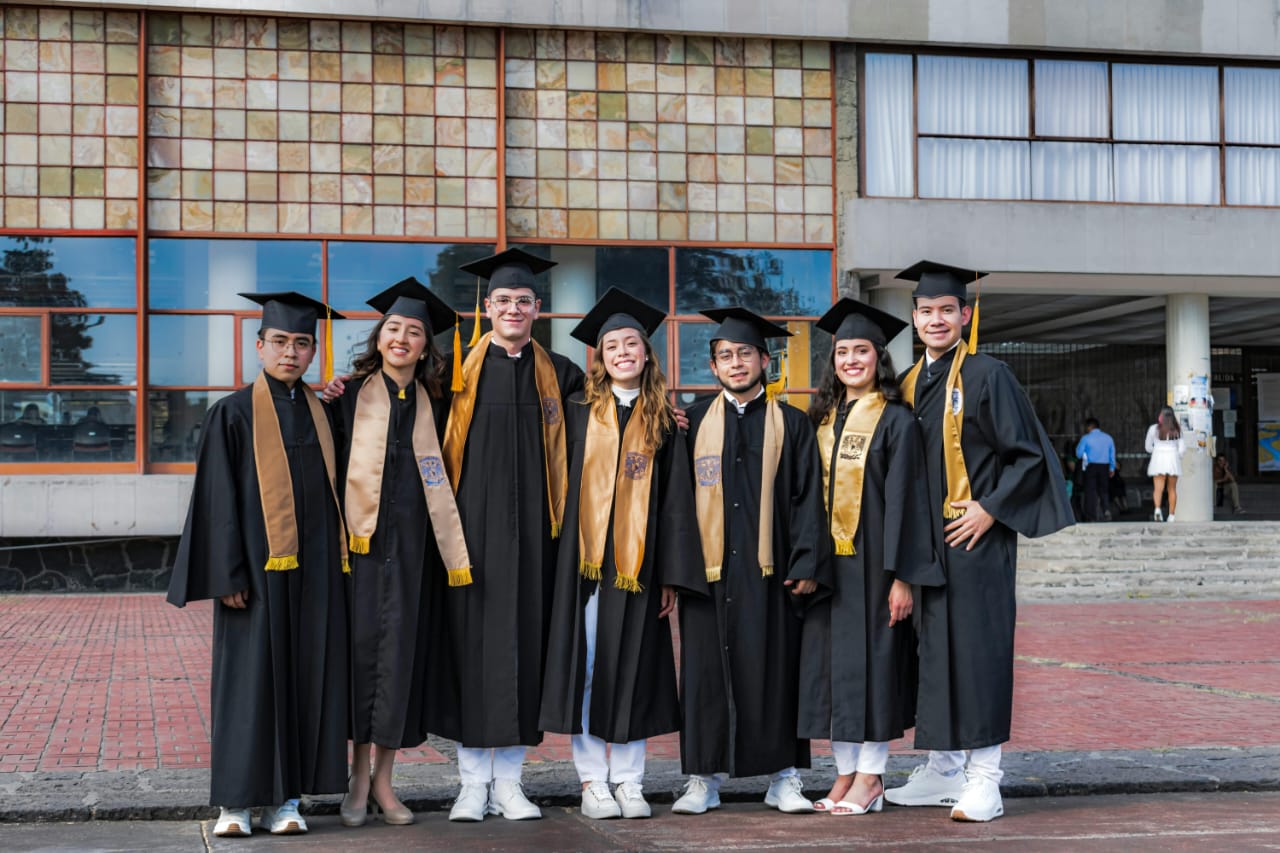Sweden Scholarships for Africans: An In-Depth Guide to Opportunities and How to Apply
Over the past decades, Sweden has become a top destination for international students seeking quality education in Europe. Known for its high standards of education, progressive social policies, and a commitment to fostering international collaboration, Sweden offers numerous scholarships specifically targeting students from developing countries, including Africa.
These scholarships not only help Africans gain access to some of the best educational institutions in the world but also encourage cultural and intellectual exchange, fostering global partnerships.
This article provides an in-depth overview of various scholarship opportunities available to Africans in Sweden, the benefits of studying in Sweden, eligibility criteria, the application process, and tips for maximizing chances of securing these scholarships.
Why Study in Sweden?
Sweden has consistently been ranked among the world’s most innovative countries. Its universities and colleges are known for emphasizing creativity, critical thinking, and a practical approach to problem-solving. Some of the reasons why Sweden stands out as a study destination include:
- Quality Education: Swedish universities rank highly in international university rankings. They offer a wide array of undergraduate, postgraduate, and doctoral programs in disciplines like engineering, technology, medicine, humanities, social sciences, and more.
- English-Taught Programs: Most universities in Sweden offer programs in English, making it easier for non-Swedish speaking students to pursue their studies without language barriers.
- Sustainability and Innovation: Sweden is a global leader in sustainability and innovation. Swedish universities are deeply involved in cutting-edge research and development, often in partnership with industries and multinational corporations. Students gain valuable experience through internships, projects, and collaborations.
- Safe and Inclusive Society: Sweden ranks high in terms of safety, political stability, and quality of life. It is an inclusive society, known for its respect for human rights and progressive social policies, making it a comfortable place for students from diverse backgrounds.
- Work Opportunities: International students in Sweden can work while studying. Additionally, the country offers a six-month work permit to students after graduation, allowing them to search for employment within the country.
Given these advantages, it’s no surprise that many African students aim to study in Sweden. Scholarships play a crucial role in making these dreams a reality.
Overview of Scholarships for Africans in Sweden
Several scholarships are available to African students, primarily aimed at master’s and PhD-level programs. These scholarships are often fully funded, covering tuition, living expenses, travel costs, and sometimes additional allowances. Here’s a breakdown of some of the prominent scholarships available to African students:
1. Swedish Institute Scholarships for Global Professionals (SISGP)
The Swedish Institute Scholarships for Global Professionals (SISGP) is a fully-funded scholarship program that targets global professionals from developing countries, including many African nations. It is one of the most sought-after scholarships in Sweden, and it aims to contribute to the United Nations’ 2030 Agenda for Sustainable Development.
Eligibility:
- Must be a citizen of one of the eligible countries, many of which are in Africa (e.g., Ethiopia, Kenya, Nigeria, Uganda, South Africa, etc.).
- Applicants must have at least 3,000 hours of work experience in relevant fields (i.e., public administration, NGOs, entrepreneurship, or international development).
- Demonstrated leadership potential and professional experiences that align with the sustainable development goals (SDGs).
- Applicants must have been accepted into a full-time master’s program at a Swedish university.
Coverage:
- Full tuition fees.
- Living expenses of approximately SEK 10,000 per month.
- A travel grant.
- Insurance coverage.
Application Process:
- Apply for a master’s program at a Swedish university before the scholarship deadline.
- Once accepted, apply for the SISGP scholarship by submitting your application on the Swedish Institute’s official website.
- Prepare documents such as motivation letters, CV, work experience certificates, and reference letters.
2. Visby Programme Scholarships
The Visby Programme targets students from certain regions, including Eastern Europe, Russia, and certain African countries. It is aimed at fostering cooperation and exchange between Sweden and these regions. For Africans, the program provides a gateway to several academic opportunities in Swedish universities, particularly in the fields of science, innovation, and entrepreneurship.
Eligibility:
- Citizens of eligible African countries, particularly those in North Africa, can apply.
- Applicants must be accepted into a master’s program in Sweden.
Coverage:
- Full tuition waiver.
- A monthly stipend for living expenses.
- Travel grants and insurance.
Fields of Study:
While the Visby Programme has a broad range of eligible programs, priority is often given to those related to sustainability, social entrepreneurship, and innovation.
3. The University-Specific Scholarships
Many Swedish universities offer scholarships specifically for international students, including Africans. Some of the universities with notable scholarships include:
Lund University Global Scholarship:
Lund University, one of Sweden’s oldest and most prestigious universities, offers scholarships to outstanding international students. The scholarship is merit-based and offers a full or partial tuition waiver.
Uppsala University Global Scholarships:
Uppsala University offers scholarships to students from outside the European Union (EU). These scholarships are awarded based on merit, and many African students have benefitted from them. They cover tuition fees, although living costs must be covered by the student.
Chalmers IPOET Scholarship:
Chalmers University of Technology provides several scholarships for international students. The IPOET scholarship is specifically for non-EU students and covers a portion of the tuition fees.
4. PhD Scholarships and Postdoctoral Opportunities
Sweden is an attractive destination for African students seeking research and academic careers. Many Swedish universities offer fully-funded PhD programs where students receive a monthly salary instead of paying tuition fees. Additionally, there are numerous postdoctoral research opportunities funded by various Swedish research councils and the European Union.
Eligibility:
- A completed master’s degree in a relevant field.
- Some PhD programs may require prior research experience or publications.
- Strong academic record.
Coverage:
- Monthly salary/stipend.
- Travel grants and insurance (in some cases).
Application Process:
The process for applying to PhD programs typically involves submitting a research proposal, academic transcripts, CV, and letters of recommendation. Some programs may also require an interview.
How to Apply for Swedish Scholarships
Applying for scholarships in Sweden can be a competitive and rigorous process, requiring strong academic records, leadership skills, and a clear vision of how the education will benefit the applicant’s home country or community. Here’s a general guide to the application process:
- Choose a Program and University: Start by researching universities and programs in Sweden that align with your academic and professional goals. Make sure the program is taught in English if you do not speak Swedish.
- Check Scholarship Eligibility: Once you’ve selected a program, look into the specific scholarships available for that program and whether you meet the eligibility requirements.
- Apply to the University: Most scholarships require that you first secure admission to a Swedish university. Apply through the central application portal, Universityadmissions.se, where you can submit multiple applications at once.
- Prepare Your Scholarship Application: For scholarships like SISGP or university-specific awards, you’ll need to prepare documents such as:
- A motivation letter outlining your career goals and how the scholarship will help you achieve them.
- Work experience certificates (for SISGP).
- Reference letters from employers or professors.
- A CV and academic transcripts.
- Submit Your Application on Time: Be mindful of deadlines for both the university application and scholarship submission. These often have different timelines, so careful planning is crucial.
Tips for Success
- Start Early: Scholarship applications often require several documents, some of which take time to prepare. Start working on your applications well in advance to avoid last-minute issues.
- Tailor Your Application: Each scholarship will have its own priorities and goals. For example, SISGP emphasizes leadership and sustainable development. Ensure your application reflects how you align with the specific goals of the scholarship.
- Highlight Leadership and Impact: Many scholarships, particularly those like SISGP, are looking for candidates who will make an impact in their home countries. Highlight any community service, leadership roles, or professional achievements that show your potential to contribute.
- Be Clear About Your Goals: Scholarship committees want to see a clear plan for how you’ll use the education you gain in Sweden. Be specific about your career goals and how they align with the scholarship’s objectives.
- Seek Guidance: Consult with former recipients of the scholarship or university alumni for advice on the application process. Many successful applicants are willing to offer insights.
Conclusion
Sweden offers numerous opportunities for African students to pursue higher education through various scholarship programs. Whether it’s the fully-funded SISGP, university-specific scholarships, or PhD research opportunities, there is something for everyone.
With careful planning, a strong application, and a clear vision for the future, African students can take advantage of these scholarships to gain world-class education, broaden their horizons, and contribute to the development of their home countries.






